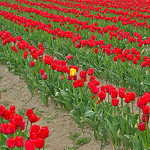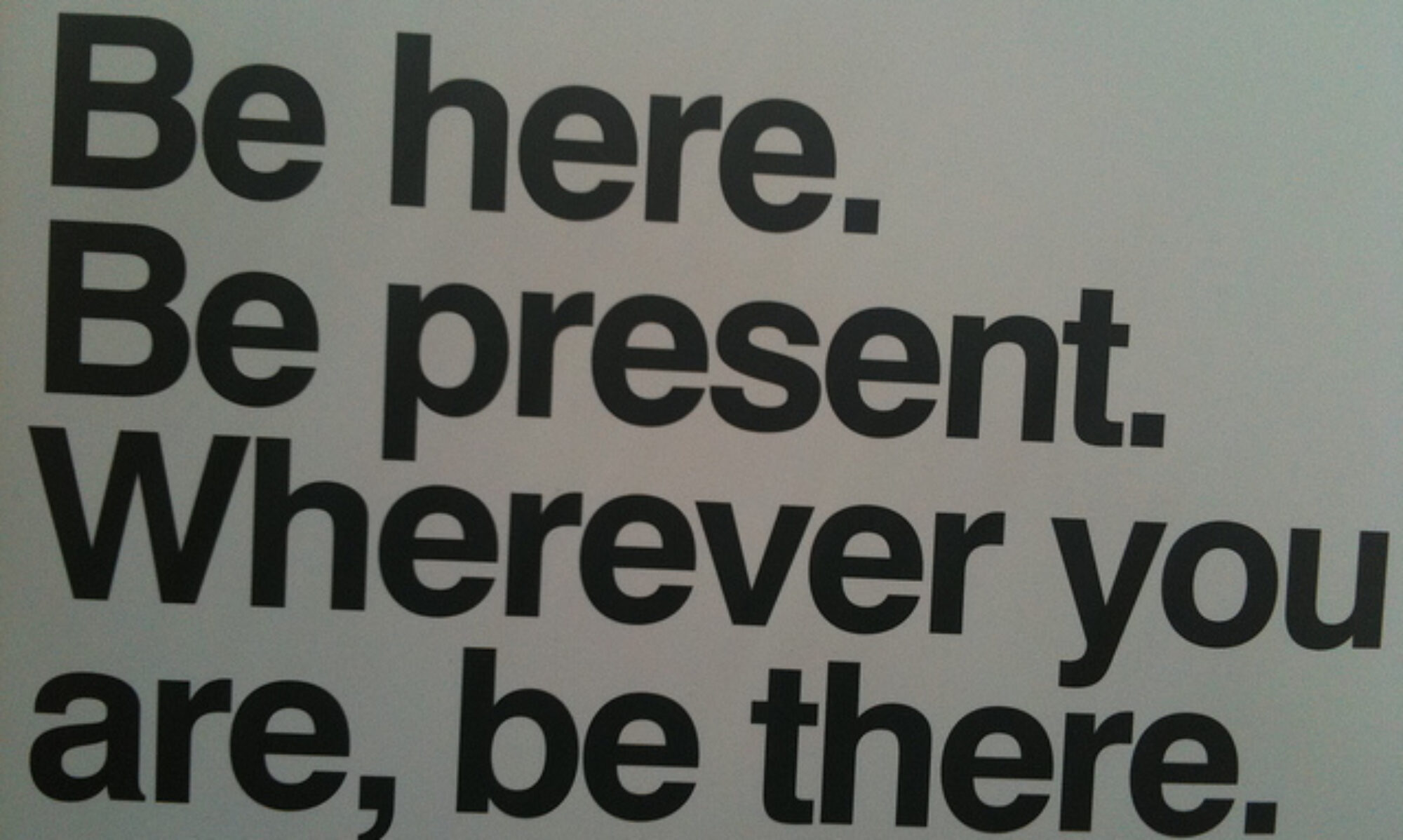
This morning, over some amazing Challah French toast from Method: Caffenation & Fare (seriously, go get some), I got into a conversation about the expectations placed on us from others with a Twitter connection turned real friend, CJ. As someone who has rubbed against the grain, if not fully gone against it, at some points in my life (cutting off all my hair at 23 and going natural, transitioning to vegetarian and trying veganism, working for myself for nine months), I know how uncomfortable it can make others when you forge your own path. I’ve had people express concern about my protein levels, as though I’m close to malnutrition from the lack of meat. And it never failed to amaze me that people can congratulate me on the “bravery” of being natural while saying they could never do that themselves. Why do we continue to hold ourselves back from trying something unexpected for fear of judgment from those who are unaffected by our decisions?
Don’t get me wrong. I get it. As someone who has a from-a-distance relationship with church after years of attendance, I sometimes feel the societal pressure, especially as an African-American in the South, to belong to a place of worship. The bonds of religion are strong, and to be someone who exists outside the community of fellowship marks me as different. People want to invite me to their churches, sure in their faith that I’ll be changed as soon as I cross the threshold. While I appreciate their invitation, I am secure enough in myself to know it would be an exercise in making someone else comfortable rather than a personal spiritual fulfillment, and that is not how I want to exercise my faith. My spirituality is personal, and I expect the same consideration for this stance that I give to those who wouldn’t be found anywhere else but church on Sunday between 8 a.m. and 2 p.m.
The most freeing thing I’ve learned, what brought me the most peace and what sustained me in difficult decisions: the only person I have to make happy is me. That thought is freeing. It’s also dangerous to some. The thought that a woman is not tied to a god, a family, a man or society’s expectations means she can’t be constrained. You can’t guilt her, goad her, shame her or box her in. I aspire to be that woman every day, because what is one person’s “different” is my reality, and that is okay with me.
